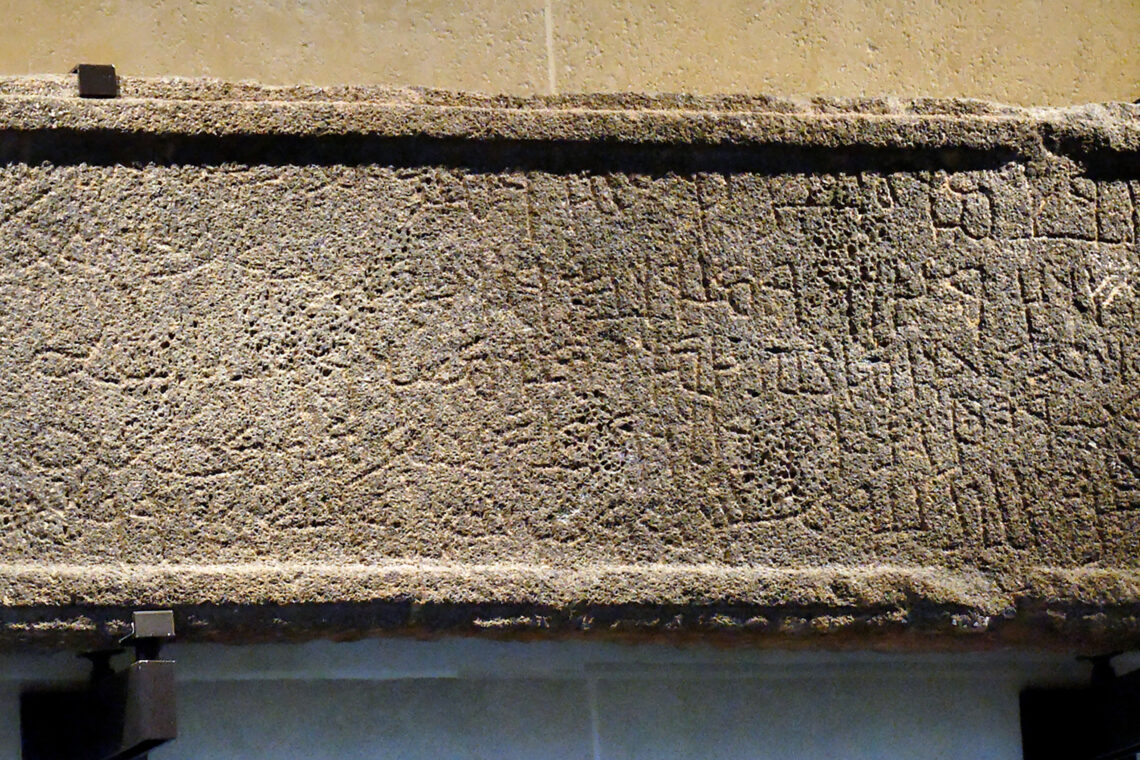In early August 2003, the New York Times Magazine published a cover article on Spain’s “nueva nouvelle cuisine.” The article shows how Spain’s new cuisine has, in the opinion of many gastronomists, displaced France in creativity. French wine, I had read elsewhere, is also in trouble, getting stiff competition from new vineyards in Australia and California. One could think that such news are part of the anti-French campaign, but there is a point in these stories that may help Moroccans think about their own situation. When a country relies heavily on tradition and contents itself with merely repeating what previous generations have done, it eventually stagnates and loses its creative élan.
Our world-class cuisine, to begin with, has become numbingly repetitive. Except for regional and ethnic variations, we are always eating the same appetizers, tajines, couscous, and desserts. I love Moroccan cuisine (and it’s healthy, too), but when will we add new entrées to our national menu? The last time I traveled with Americans across Morocco, I realized how uncreative our restaurants are because their menus were almost always identical—it’s as if they had been duplicated, or as if they had been copied from a master menu. The situation became so bad that even those who love Moroccan cooking started yearning for pizzas just to break this monotonous eating habit. By the end of the three-week trip, the Americans had had enough. They loved the homemade cuisine they tried but had no memory of the restaurant food they were served. I guess this is why we always emphasize that the best Moroccan cooking is not in restaurants but in private homes. If that were the case, how will the country serve the millions of tourists it expects to visit? Our tourist industry cannot afford to overlook the state of our public cuisine.
The same situation prevails in music. With the exception of a few fitful attempts here and there, our musical taste still bounces between the likes of Abdelhadi Belkhayat and Middle Eastern celebrities. Even our best Moroccan singers find refuge in Egypt since their talents would otherwise be condemned to wither in a climate of perpetual imitation. Die-hard aficionados still love classical musical traditions, such as the Andalusian and Malhoun genres, but even here the repertoires seem limited. A young boy or a woman may add vocal novelty, but that’s as far as it goes.
Though we have inherited a rich and complex musical legacy, we really haven’t done much to jazz it up. The Algerians who, with a seemingly more limited national repertoire, showed more creativity by piecing together various musical traditions (including Moroccan ones) and turning them into the modern, captivating tunes of Rai. The Lebanese are also remarkably inventive. I recently listened to Raghib Alama and others like him and I understood why young Moroccan women were, at one time, crazy about him. The music is light, easy, and speaks to new sensibilities.
Perhaps I am out of touch, but my impression is that we may be a tad too conservative for our own good. We have a hard time leaving the familiar and creating new Moroccan habits. Everything atrophies if it is not invested with new and fresh blood. How long will we depend on the ancestors who created our traditions? Shouldn’t we be as brave as they were and come up with some new ones of our own? Shouldn’t we force restaurants to distinguish themselves from one another through a rigorous review system? Can’t we create musical contests in which participants are asked not to parrot Oum Kalthoum—as they used to do in that old program, Mawaheeb– but to produce new rhythms and lyrics?
We still have the incomparable Abdelwahab Doukkali and Nass El Ghiwane. And sure, our traditional and varied cuisine is the toast of connoisseurs the world over. (After all, tradition is often the main ingredient in the art of gastronomy.) But blind imitation has its limits. Let’s hope that a new generation of Moroccans will stretch our ways and habits with new and exciting ideas. Let them give us a nouvelle cuisine and exciting tunes that will herald a new Moroccan renaissance.




Comments are moderated by the editor and may not appear on this discussion until they have been reviewed and deemed appropriate for posting. All information collected is handled in a manner consistent with our privacy policy.